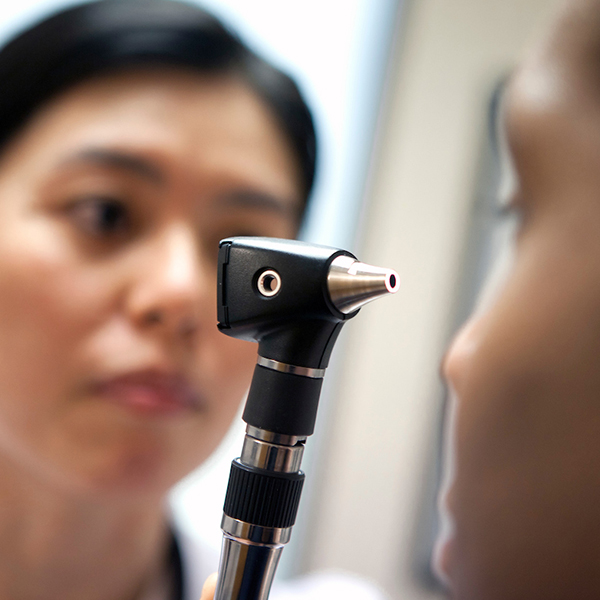Depression
Overview and Facts about Depression
Depression is a mood disorder, also called major depressive disorder and clinical depression. Depression is more than just a bad mood and is not a condition you can easily manage on your own.
If left untreated, it can cause physical and emotional issues and affect your daily life, even advancing to thoughts of suicide.
Pay attention to your symptoms. If you have thoughts of self-harm or suicide, call 911, your doctor or a hotline immediately.
Fortunately, most people recover when treated with medication and psychotherapy. However, depression rarely occurs only once; therefore, treatment may need to be repeated.
Signs and Symptoms of Depression
Numerous symptoms may be present for depression. They can affect work, school, relationships and social activities. You may experience a general sense of misery or unhappiness, or feel that life may not be worth living.
Symptoms may include:
- Anger, frustration and anxiety
- Feelings of sadness, hopelessness, worthlessness and guilt
- Loss of interest in sex, socializing, hobbies, sport and entertainment
- Memory, concentration and decision-making issues
- Pain without a medical reason
- Sleep disturbances
- Suicidal thoughts
It is essential to pay attention to signs of depression in young children and teens. Their symptoms are similar to those of adults, but they may have other issues.
Young children may exhibit clinginess, refuse to go to school, and appear worried. Weight loss may also occur.
Teens may have school issues and spend too much time sleeping. They are also at risk of substance abuse and self-harm.
Senior citizens may experience personality changes. Also, they may refuse to leave the house.
Causes and Risk Factors of Depression
The exact causes of depression are unknown, but several factors may increase the likelihood of depression.
Genetic and familial causes, changes in brain chemicals or hormone production, substance abuse, physical or emotional trauma and additional mental disorders may all contribute to depression.
Tests and Diagnosis of Depression
A diagnosis for depression includes determining your type of depression. It will also identify other disorders that may be present.
Your doctor will perform a physical examination and request several laboratory tests. A psychiatric evaluation and a referral to a psychiatrist or a psychologist will follow.
Treatment and Care of Depression
Treatment consists of medications and psychotherapy. Sometimes, a hospital stay or an outpatient program is required. Your doctor may prescribe antidepressants, such as SSRIs, SNRIs and tricyclic antidepressants, which should be combined with psychotherapy.
Additional choices for treatment include cognitive behavioral therapy (CBT), interpersonal therapy (IPT) and psychodynamic therapy.
New, digital forms of treatment exist by using health apps on your tablet or smartphone, online sessions and videos. However, these kinds of therapy should be discussed with your doctor first.
Sometimes, medication and psychotherapy are not effective to relieve your depression. You may be able to try brain stimulation programs such as electroconvulsive therapy (ECT) and transcranial magnetic stimulation.
Alternative care consists of acupuncture, meditation, support groups and nutrition plans. They can be helpful when combined with medications and psychotherapy but are generally insufficient on their own.

Request an Appointment
Our primary care physicians care for the overall health of the whole family, providing checkups and routine medical exams. We’ve made it easy to see a Loyola Medicine primary care provider with a variety of appointment options.
Immediate Care Virtual Visits now available!
Schedule a Telehealth Appointment
